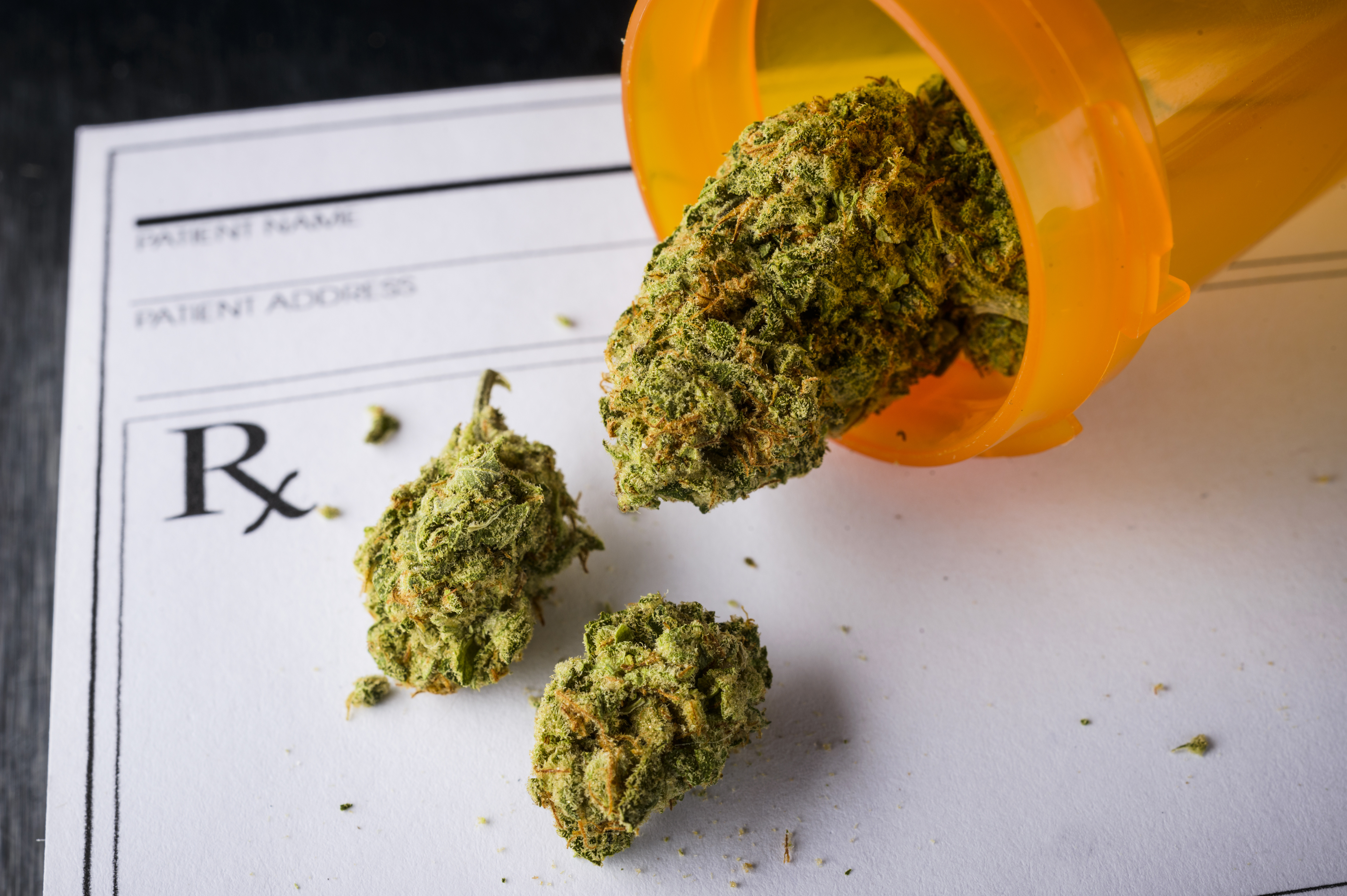Pain management has been one of the main uses for medical cannabis since the dawn of time, and now, official scientific studies are showing us why this is.
To this date, 34 states and DC (District of Columbia), have legalized medical cannabis to some degree and 7 of those states have legalized it entirely, including for recreational use. DC, Alaska, California, Colorado, Maine, Massachusetts, Michigan, Nevada, Oregon, Vermont and Washington have the most expansive laws governing medical cannabis use thus far, meaning in those states, there are many more conditions that it can be recommended for and that includes chronic pain.
Chronic pain affects an estimated 1.5 billion people worldwide, 100 million of which are in the United States. Chronic pain is defined as “pain lasting longer than 6 months” and in most cases treatment requires help from a medical professional. There are 3 different types of chronic pain:
- Neuropathic Pain: Stems from nerve damage that sends faulty pain signals to the brain.
- Nociceptive Pain: Comes from an injury, wound, or some type of aggressive illness.
- Visceral Pain: Starts in the internal organs, mainly those in the upper torso as not all organs have pain receptors.
Typical pain management therapy includes some type of opioid drug, but that is not sustainable considering the ongoing drug crisis in the United States. Multiple studies show that there are benefits to using cannabis instead of opioids for chronic pain, not just for individuals but for society as a whole.
The Research

Nearly 1 in 5 Americans have a prescription for opioid pain killers
In a 2017 study, researchers determined that inhaled cannabis is consistently effective in reducing chronic pain that’s not related to cancer. Additionally, oral cannabinoids were able to improve certain subsidiary aspects of chronic pain including sleep, appetite, and overall quality of life.
In 2015, Harvard conducted a comprehensive review of 28 studies focusing on the effectiveness of using both natural cannabinoids and synthetic ones to treat various types of pain. The author found that, “Use of marijuana for chronic pain, neuropathic pain, and spasticity due to multiple sclerosis is supported by high quality evidence.”
Another study published in the British Medical Journal in 2008 determined that people suffering from chronic pain, all types but especially neuropathic pain, could benefit from the use of cannabinoids. The conclusion states that cannabis “Is effective but research is needed to decide which subgroups of people benefit most.”
Curbing Opioid Addiction
The opioid epidemic has been merciless throughout the United States. Prescriptions have increased steadily since the 1990s and this correlates directly with the rising number of fatal drug overdoses. At this point, an average of 130 Americans die from an opioid overdose every day. Because of the rising costs of healthcare, many people are unable to afford prescription drugs so they move on to heroin which is cheaper, more potent, and much easier to find.
Many people believe cannabis could be the answer to this crisis. A 2016 study from the University of Michigan, published in the Journal of Pain, offers some very telling data. They found that cannabis can: decrease side effects from other medications, improve quality of life, and reduce opioid use by 64% on average.
Final Thoughts
Although some more research is needed to determine exactly who could benefit most from using cannabinoids for chronic pain, studies thus far have been promising. And the fact that it can help with the devastating effects of opioid addiction is equally encouraging.







